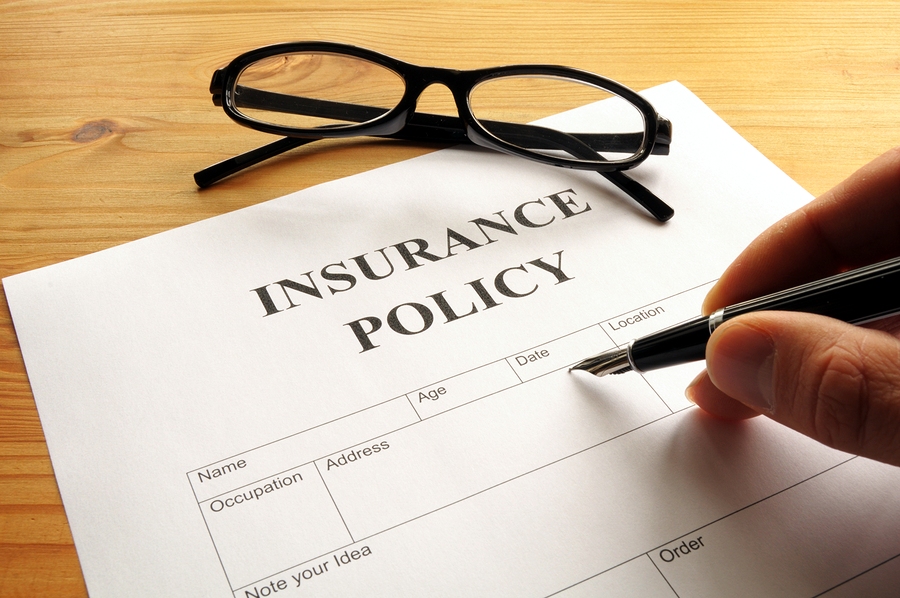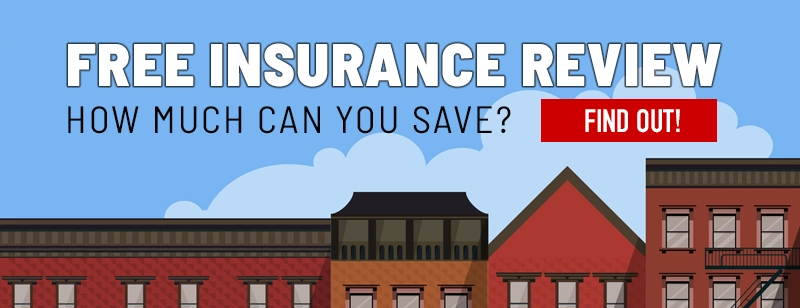Why Tenant Insurance Is a Must for Landlords

As a landlord, you have insurance to protect your building against a fire, theft or other peril. Should you insist that the people living in it also have insurance? Can you mandate that they buy renters’ policies?
Yes. And yes.
Benefits of Tenant Insurance for Landlords
Requiring tenants to carry renters’ insurance has two significant benefits for landlords: it minimizes both financial risks and potential liability.
Protection Against Property Damage. Renters’ insurance includes personal liability coverage, which helps cover costs if tenants or their visitors accidentally damage the property. If tenant negligence leads to fire or water damage, for example, their insurance can cover the costs, which reduces the need for the landlord to file a claim.
Reduction of Legal Liability. If a visitor or delivery person is injured on the property, renters’ insurance can cover legal fees and medical expenses. This can help shield landlords from direct financial responsibility and potentially prevent lawsuits against the landlord.
Responsible Tenants. Requiring renters’ insurance can be a valuable screening tool that attracts more responsible tenants while discouraging those who are less likely to maintain their units and abide by lease requirements.
Flexibility with Pet Policies. Landlords can mandate that renter’s insurance include pet liability coverage. This protection mitigates risks associated with allowing pets and makes it easier for landlords to adopt pet-friendly policies, which can help attract tenants.
Benefits of Tenant Insurance for Tenants
As implied by the name, renters’ insurance offers tenants financial protection against loss and potential liability.
Personal Property Protection. First and foremost, renters’ insurance covers a tenant’s possessions against common risks, including theft, fire, vandalism and certain natural disasters. In the event of a fire, for instance, the landlord’s building policy won’t pay to replace the renter’s furniture, clothing, etc.
Liability Protection. Renters insurance typically includes liability coverage, which provides protection if someone is injured in the tenant’s unit. For instance, if a guest or service provider slips and falls or if the tenant’s dog bites a visitor, the policy can help cover medical bills and legal fees.
Additional Living Expenses. If the rental unit becomes uninhabitable due to a covered event, such as a fire, renters’ insurance can help pay for temporary housing, such as hotel stays. This “loss of use” coverage removes the stress of paying for alternate housing during the repair process.
Best of all, this peace of mind carries a very low price tag. Renters’ insurance policies typically cost between $15 and $30 a month, even here in the Northeast.
How to Implement a Tenant Insurance Requirement
Landlords can require that renters purchase policies (at their own expense) and furnish proof of coverage as part of the leasing agreement. The key is to make sure that prospective tenants are aware of the renters’ insurance requirement before they rent.
Common Tenant Insurance Concerns
Some tenants may be reluctant to purchase insurance, especially if they incorrectly assume that the landlord’s insurance protects them as well. Younger tenants, in particular, may not understand the full benefits of renters’ insurance, believing they don’t have enough possessions to justify the cost.
Even though renters’ insurance is relatively affordable, some tenants consider even $15 a month too much, especially if they’re struggling with rent and other living expenses. A full year of renters’ insurance premiums, however, equals only a fraction of the cost of recovering from a catastrophic loss such as fire, an increasingly common peril due to the widespread popularity of e-bikes.
Protecting Landlords and Tenants
Requiring tenants to purchase insurance protects their interests as well as the landlord’s, including both their potential liability and the contents of their home. Insurance policies are relatively inexpensive, and the protection and peace of mind are worth every penny.
For a free review of existing policies that can add protection and peace of mind, please call us at 877-576-5200.

